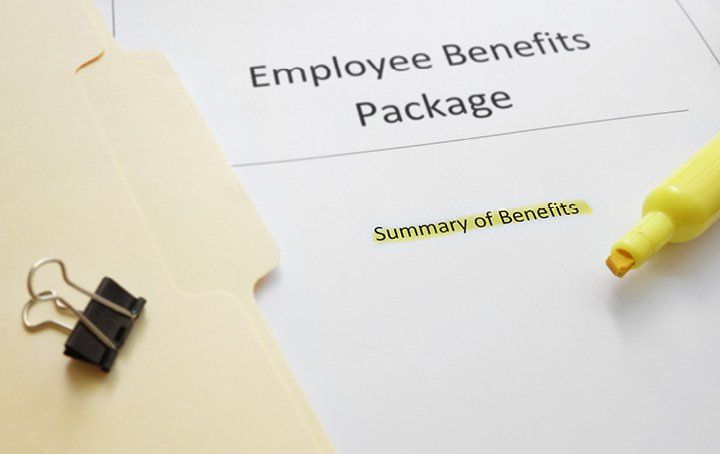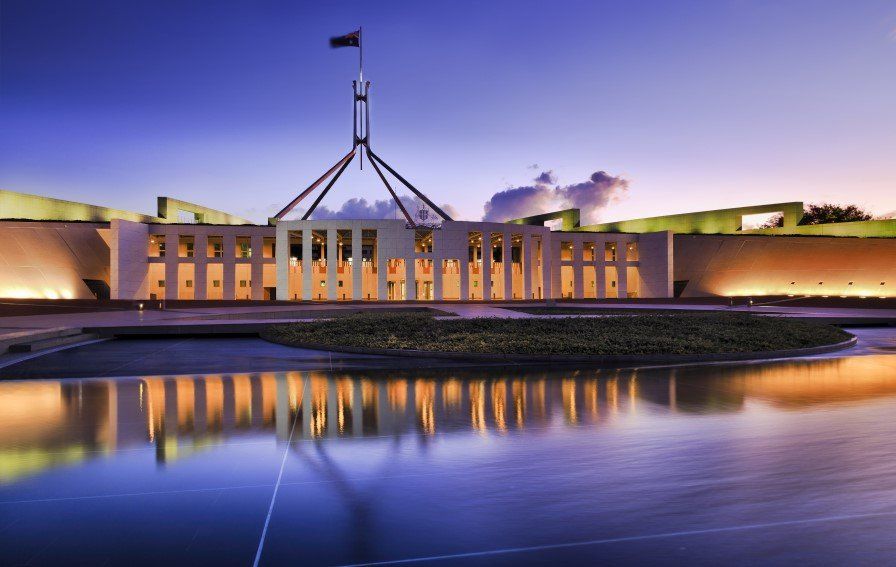Thinking about tapping into your super early to help with mounting expenses? Mortgage repayments, medical treatments and hard-to-meet living costs are all potentially valid reasons for early access to super – but the eligibility rules are strict. Find out what criteria apply so you can make an informed decision about your best course of action.
The ATO says it's fielding many calls from Australians who wish to access their superannuation on "compassionate" grounds but don't meet the eligibility criteria. The requirements for this type of release are possibly stricter than many people realise. So, when exactly can you access your super early?
You must meet a "condition of release" before you can access you super. The major events are attaining 65 years and "retirement", which both allow you to access your entire super balance.
If you haven't met these milestones but have reached preservation age (currently 57 years, but set to gradually increase to 60 over the next few years), you can start a "transition to retirement income stream" (TRIS), which enables you to access up to 10% of your super balance each year. Other release grounds include temporary incapacity, permanent incapacity and having a terminal medical condition.
But if none of these grounds apply to you and you're experiencing some financial difficulty, you might qualify under "severe financial hardship" or "compassionate" grounds.
Severe financial hardship
If you're currently receiving income support from the government, you may qualify for "severe financial hardship" release. You must apply to the trustee of your super fund, who will decide whether you qualify. How much you can access depends on your age.
If you're below preservation age, there are two major requirements. First, you must have been receiving Commonwealth income support payments for a continuous period of 26 weeks. Second, the trustee of your super fund must be satisfied that you're unable to meet "reasonable and immediate family living expenses". If you meet these criteria, you can access up to $10,000 of your superannuation in any 12-month period as a single lump sum.
However, if you've reached preservation age you can potentially access any amount of your super balance. To qualify, you must have been receiving income support for at least 39 weeks since you reached preservation age, and the trustee must be satisfied you're not currently gainfully employed on a full-time or part-time basis. This is a tough test to meet, so if you don't qualify you could consider accessing the $10,000 option above or commencing a TRIS instead.
Compassionate grounds
Compassionate grounds apply where you don't have the financial capacity to pay expenses for:
- medical treatment (of certain recognised illnesses and injuries) or medical transport for you or a dependant;
- making a payment on a loan to prevent foreclosure on your home;
- modifying your home to accommodate your (or a dependant's) severe disability;
- palliative care for you or a dependant; or
- funeral expenses for a dependant.
To access your benefits you must apply to the ATO, who will determine an amount that you "reasonably require" to pay the expense (although special limits apply where you're accessing funds to prevent foreclosure on your home). The approved amount can then be released by your super fund. If your fund doesn't allow early release on compassionate grounds, you could consider moving your benefits to another fund.
Getting approval can be tough. The ATO won't approve a release if you can meet the expense with savings or by selling assets. There are also particular rules (and evidence requirements) for each of the categories listed above, so make sure you understand these beforehand to ensure your application stands the best chance of approval.
Feeling overwhelmed with debts?
Whatever your situation, it's a good idea to talk to an adviser about your financial difficulties for help exploring all your financial options, to consider the tax consequences of accessing super early and to get assistance with applying for a release. Contact us today for expert advice to help you get your finances back on track.
















